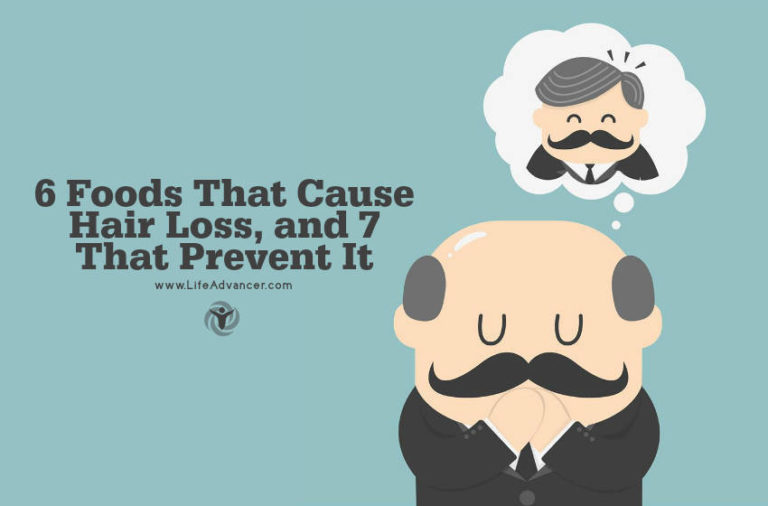We’re all aware of the way emotions such as anger, or sadness, or joy makes us feel. So we assume that these emotions are universal and we all feel the same way, right? But did you know that emotions can also cause physical pain?
New research has actually found that scientifically, emotions are consistent in each individual, regardless of other influencers such as age or gender.
Dr. Susanne Babbel published an article in Psychology Today exploring the connections between emotions, trauma, and physical pain.
She discusses in her article how chronic pain – which can be defined as prolonged debilitating pain – may be caused by emotional and stress issues just as much as it may be caused by physical issues.
Experts in this field have noted that traumatic events may have a significant impact on the development of pain. Around 15-30% of patients who are suffering from chronic pain are also being diagnosed with PTSD.
This can be explained by the old saying “fight or flight”, which actually explains a lot with regards to this finding. When the body experiences a traumatic event, the nervous system automatically enters survival mode and if the body cannot revert back to a relaxed state.
The result is a constant stream of stress hormones such as cortisol are released into the body. This causes physical issues such as high blood pressure, which can, in addition, reduce the immune system’s ability to heal itself.
Reiki practitioner and kinesiology expert Lori D’Ascenzo explains how our emotions can manifest in physical forms, including pain, within our body,
“As the electrical current of an emotion travels along your neural pathways, it triggers the release of chemical proteins called neuro-peptides (NPs). Each emotion has a different frequency. In response to these individual frequencies, your body releases corresponding NPs. These tiny chemical proteins communicate chemical messages throughout your body, creating a physiological response.”
There have been certain connections between areas in which physical pain occurs and specific emotions that could be causing it:
Headaches
Headaches are one of the most common types of physical illness. Experts say they can be related to high levels of stress in our day-to-day lives. Christina Peterson MD explains how emotional stress can impact your physical health, in the form of headaches or migraines.
“Stressandemotional triggersare common migraine triggers…For many migraine sufferers, an attack can occur when the stress is over. This is known as a “let-down” headache. Let-down headaches can have a delayed onset, occurring a day or more after the stress has happened in your life.”
Do you often find yourself suffering from headaches? Consider what stresses you’ve experienced lately and work towards reducing the source.
Shoulder Pains
Shoulder pains are said to be the manifestation of great emotional distress. When we’re carrying emotional burdens, we often scrunch our shoulders up as though we truly are carrying the weight of the world on our shoulders, as the old saying goes.
If you’re feeling pains in your shoulders, consider passing some of your tasks onto somebody else. You can also try speaking to somebody about your worries and concerns to ease the pain.
Neck Pains
According to kinesiology experts, the neck is where guilt is held so pains in your neck can indicate an unwillingness to forgive others, or possibly even yourself. If you suspect you’re having trouble forgiving yourself, try to work out why.
Take time out to make a list of the things you feel you’ve done wrong recently and if necessary, apologize to somebody. It could do wonders for your physiological health.
Back Pains
Depending on where the pain is located in the back, the region can determine different emotions you may be feeling. Both the upper and lower back can signal a lack of emotional support. So if you’re feeling general back pains, consider speaking with somebody close to you and expressing how you feel.
Lower back pain, however, could also mean you are worried about money. If you feel this could be the cause of your lower back pain, now could be the time to re-evaluate your financial situation.
Elbow Pains
While this is a pain not many people suffer from, it can be a strong sign that sufferers are dealing with changes in their life that they are currently resisting. Stiffness in the elbow may signal stiffness in life, decision making or attitude to adapt.
In this situation, start small. Start by making changes such as the tea you drink, or the restaurant you eat at, and gradually build up to accepting larger changes.
Hand Pains
Pains in one or both hands can mean you’re not connecting with others enough, as we often use our hands to reach out and touch other people.
Stifling your need to connect with others can cause pains in your hands or fingers and making the effort to speak to others. Reconnect with old friends or rebuild broken bridges can do wonders for your health.
Leg Pains
Emotional tension tends to build in the calves, whereas knee pain can signal many issues, particularly an oversized ego. Calf pain could be caused by jealousy, which is also probably keeping you from enjoying and appreciating what you already have.
Having an oversized ego may cause knee pain since having a big ego is said to be similar to being too proud to bend. Resist the urge to brag or talk about yourself too much to others and your pain may subside.
Feet Pains
Foot pain can be a sign of depression and similarly, ankle pain can be a signal that you’re depriving yourself of pleasure. A lot of experts, including author Jill Douglas, claim that “ankles represent the ability to receive pleasure”. Pain in that area may signal something is stopping you from receiving pleasure.
Having negative thoughts or feelings typically associated with depression can cause pains in your feet so should you feel these physical pains, consider why it is you feel that way and focus on positive aspects of your life instead of the negative.
Negative emotions are more powerful than you think
If you can identify with any of these types of physiological pain, do you feel as though your emotions are connected? There’s plenty of evidence to prove that negative emotions cause pain, but in practice, how accurate do you think these ideas are?
References:
- https://www.psychologytoday.com/
- https://medlineplus.gov/
- https://www.ncbi.nlm.nih.gov/
- My “Plane” Truth: A Soul-Satisfying Crash Course to Unconditional Love and Forgiveness by Jill Douglas





This is so very helpful in self-diagnosing some issues i have been going through. I am currently going through EMDR therapy, and it feels like my body is “waking up” i am feeling all of these things in my body that i never felt before. I have been learning how to “feel my feelings” and label the different sensations that come up in my body. This is all so very new to me. I have spent the last 40 years of my life numbing myself, to not feel the pain, and this process (EMDR) feels like my body is a bundle of electrical charges. This article was very helpful in helping me “get out of my head” and identify some of the stuck emotions i am processing. Thank you a million times!